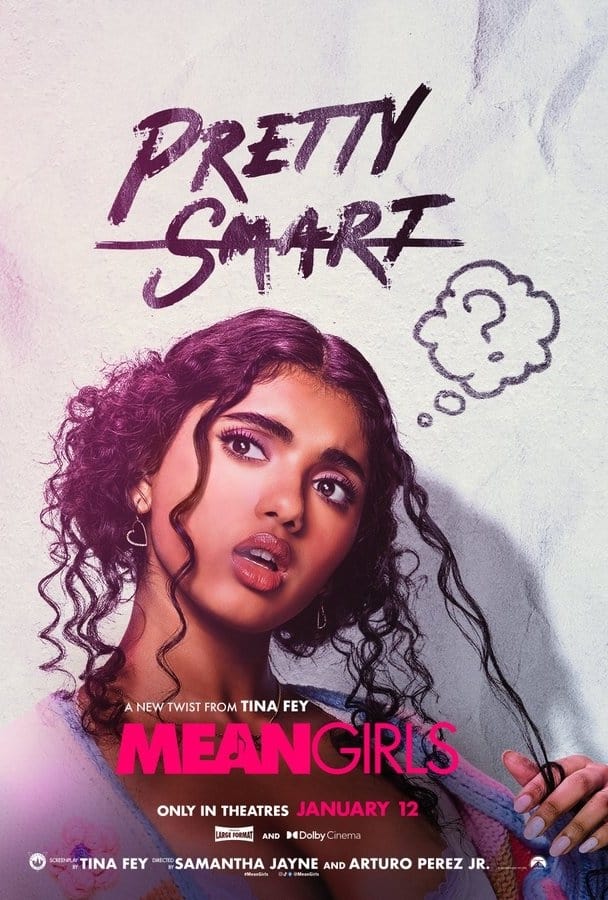
This year, the new Mean Girls movie was released by Paramount Pictures, reinterpreting both the beloved 2004 film and the 2017 Broadway musical. The cast includes familiar faces, and fans of the first film will recognize Tina Fey as Ms. Norbury and Tim Meadows as Principal Duvall. Meanwhile, lovers of the musical heard Renee Rapp’s powerhouse vocals translated to screen in her role as antagonist Regina George, the leader of the mean-girl Plastics friend group. The modernized project also brought on Gen Z newcomers, such as Avantika Vandanapu. She plays a revamped version of the Plastic’s Karen Shetty, whose name was originally Karen Smith. Her character elucidates the contradictions present in Mean Girls (2024), which provides positive representation but waters down the story’s original, satirical message.
In interviews and press events, Avantika has emphasized her gratitude for playing Karen as a South Asian woman. Through Karen, she subverts the stereotypes that Western society assigns to Asians and Asian Americans: the assumptions of nerdiness and social awkwardness, of unattractiveness and undesirability. Karen is the comedic opposite of those tropes. At times, she is unbelievably stupid, but she is made likable by the innocent joy with which she declares “one of [her] life goals…to not touch a tiger.” She is popular, she is pretty, and she is artfully portrayed by Avantika, who has brought to light important questions of representation. Speaking with an interviewer from Entertainment Tonight, she explained that women of color, and specifically South Indians like herself, “rarely get to see [themselves] represented in a group of girls who are…unanimously considered beautiful and popular.” Since the film’s release, Avantika has gained real-life, well-deserved popularity among Gen Z viewers, social media, and magazines like Vogue and Marie Claire.

As Karen, Avantika gives a dazzling performance of the solo song Sexy, which takes place during a Halloween party. Those who have seen the original film will remember the iconic voiceover that introduces this scene: “In girl world, Halloween is the one night a year when a girl can dress like a total slut and no other girls can say anything about it.” The line illustrates how teenage girls are encouraged to sexualize themselves under the guise of freely expressing their sexuality, and the song is a hilarious and infectious rendition of this idea. Karen dances through the party, listing increasingly ridiculous costume options: sexy pirate, sexy ballet dancer, sexy doctor curing “sexy cancer.” In the middle of the song, the main character Cady enters the party in a terrifying, bloody costume, and Gretchen, another member of the Plastics, takes her aside to explain that “if [she doesn’t] dress slutty, then that is slut-shaming [them].” She continues by saying that since “traditionally, girls had to be witches or clowns, and we’ve worked really hard to progress past that,” dressing sexily for Halloween is a reclamation of their sexuality. As long as they wear a skimpy costume, women can be whoever they want. In the 2024 film, Karen closes the song by singing “This is modern feminism talking/Watch me as I run the world in shoes I cannot walk in/I can be who I want to be/And sexy.”
Upon first listen, this version of Sexy seems like an anthem for sexual empowerment and girly Halloween fun. However, upon reaching the last lines of the song, I found myself rewinding to make sure I heard the words right. The lyrics had been changed from the original musical, where Karen sang: “This is modern feminism talking/I expect to run the world in shoes I cannot walk in.”
In both versions, being sexy and running the world in unwalkable shoes are portrayed as the cornerstones of “modern feminism.” However, the original words were intended to be ironic. Firstly, Karen and the other Plastics are underage, high school girls—they should not be encouraged to sexualize themselves without a proper understanding of how they are perceived. Furthermore, women and girls like Karen have been taught that sexist barriers are not barriers if they put them in their own path, and that limited success within these bounds is all of the achievement that they are allowed to “expect.” It’s subtle but effective wordplay, and the new lyrics completely erase it. The line change would only work if the song actually championed women’s choice, but Sexy is not about meaningful sexual reclamation. Like the rest of Mean Girls, Sexy satirizes the fragile hierarchies that dictate high school social life, and the curated images of feminine beauty and sexuality that uphold them. Avantika’s casting as Karen upends the stereotypes of South Asian women being unpopular and unsexy, but having her sing altered, weakened lyrics removes much of the meaning from her character.
Unfortunately, Karen singing “watch me” has been received by many as an improvement on the original. On Genius, an annotation claims that the original “could have been interpreted as a dig at modern feminism and they didn’t want to offend feminists.” An article from The Daily Beast similarly celebrates that “no one’s shamed for their choices” to wear revealing costumes. However, taking a dig at modern feminism was exactly the point of Sexy, and changing these lyrics to be less biting allows for worrying misconstruction.
The original lyrics do not mock any woman for wanting to be sexy. Instead, the song pokes fun at the fact that, whatever else a woman may be, she must first be sexy. Karen doesn’t care if she’s a doctor or a ballet dancer. She doesn’t seem to see any difference between being “sexy corn” or “a sexy Quint from sexy Jaws” — nor the complete disregard of real feminism in wanting to be a “sexy Eleanor Roosevelt.” While she says she can be whoever she wants, all she wants is to be sexy, and thus she is only seen as such. Karen is a product of the so-called “modern feminist” belief that being sexy, and sexualizing oneself, is equivalent to being empowered. The original lyrics showed that; the new lyrics have made the song what it was supposed to satirize. Instead of exposing the hypocrisy of the beliefs that trap her, they reduce her to be looked at and laughed at within them by the unwitting viewer. Gretchen’s lines about how Cady inadvertently slutshames the other girls could demonstrate how women are expected to be sexy, but the effect is watered down because the song frames women’s sexualization as their own, feminist choice.
Sexy was not supposed to make a spectacle of women or their sexuality, but to prompt a closer examination of choice feminism. “Choice feminism” is the dangerous belief that feminism is a social issue, not a structural one, and that women’s choices are inherently empowering. This belief system tells us that a woman who does anything in her own self-interest is automatically making a feminist choice. But feminism is not, and never has been, about individual choice. Feminism, like every other social justice movement, is about collective liberation, and social, economic, and political justice for all. If Karen and Gretchen’s insistence on dressing sexy leads them to shame Cady, then they are not making a feminist choice. They are just being mean girls.
My critiques of this song don’t stop me from loving it, but good entertainment shouldn’t come at the expense of important social commentary. It’s precisely because Sexy is my favorite song in the movie that I critique it so much. I will continue listening to it on repeat, with the volume all the way up. Furthermore, I will continue to watch and support as Avantika and other young women of color rise up to run the world. Enjoying Sexy or Mean Girls doesn’t make me a bad feminist. But as we celebrate it, we should be critical of its messaging. We need to look closer at what it takes for women to run the world — and if we can really be whoever we want to be.
Kimi Canete is an Editing and Production Intern at NYU Press. In May 2024, she will receive her Bachelor of Arts in English and American literature, with minors in Creative Writing and French.
For more on intersectional feminism, sexual culture, comedy, and diverse representation in media, read these titles from NYU Press:
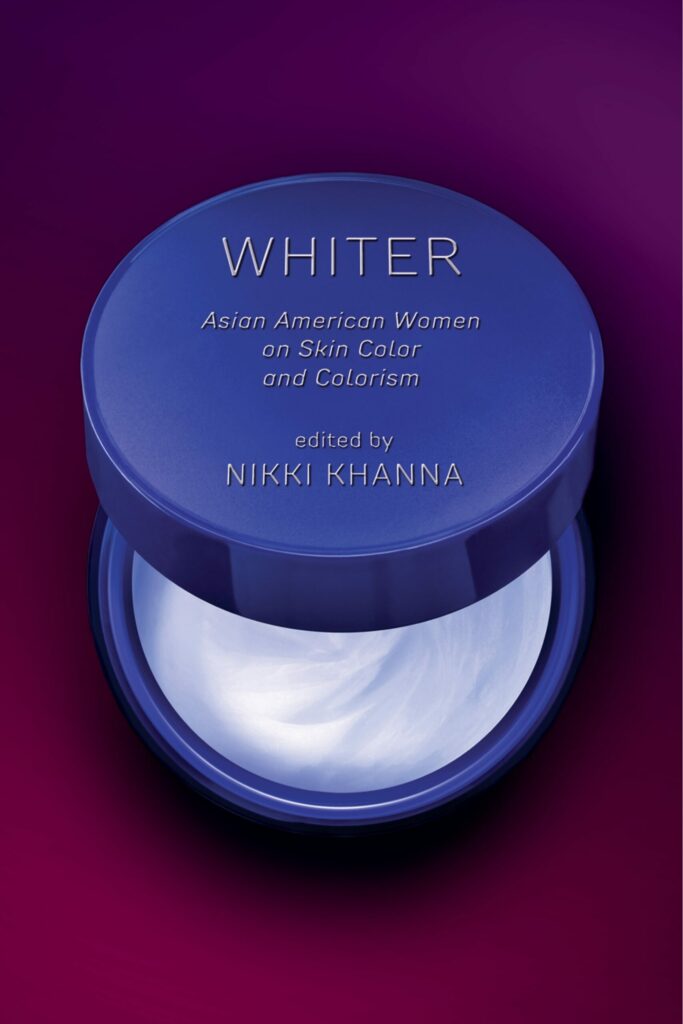
Whiter
Asian American Women on Skin Color and Colorism
Edited by Niki Khanna
How does skin color impact the lives of Asian American women? In Whiter, thirty Asian American women provide first-hand accounts of their experiences with colorism in this collection of powerful, accessible, and brutally honest essays, edited by Nikki Khanna.
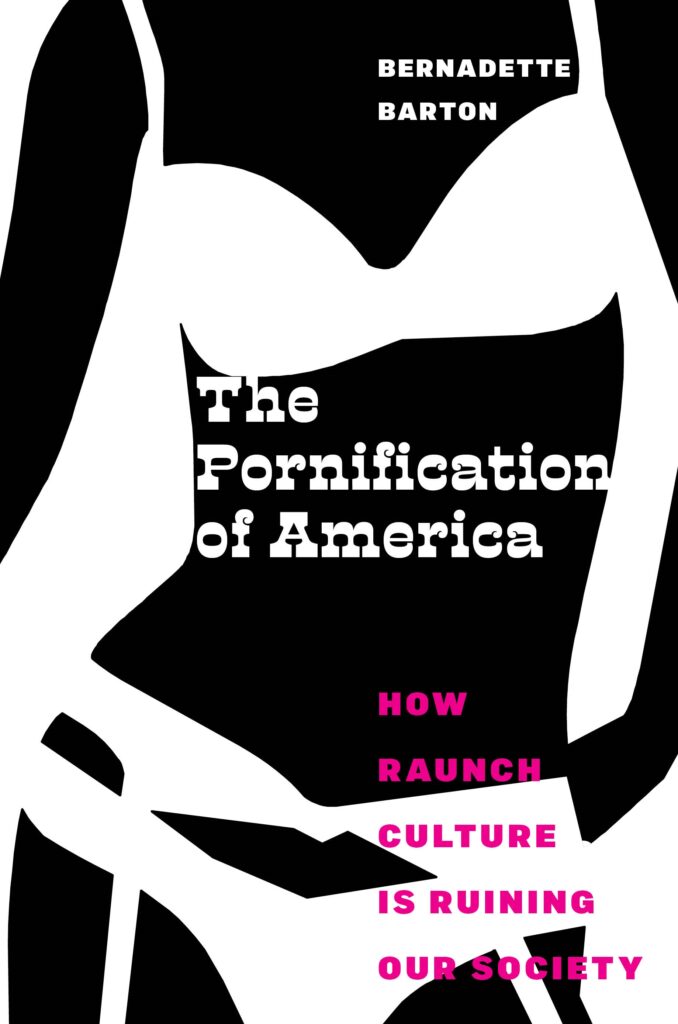
The Pornification of America
How Raunch Culture is Ruining Our Society
By Bernadette Barton
Drawing on interviews, television shows, movies, and social media, Barton argues that raunch culture matters not because it is sexy, but because it is sexist. From twerking and breast implants, to fake nails and push-up bras, she explores just how much we encounter raunch culture on a daily basis.
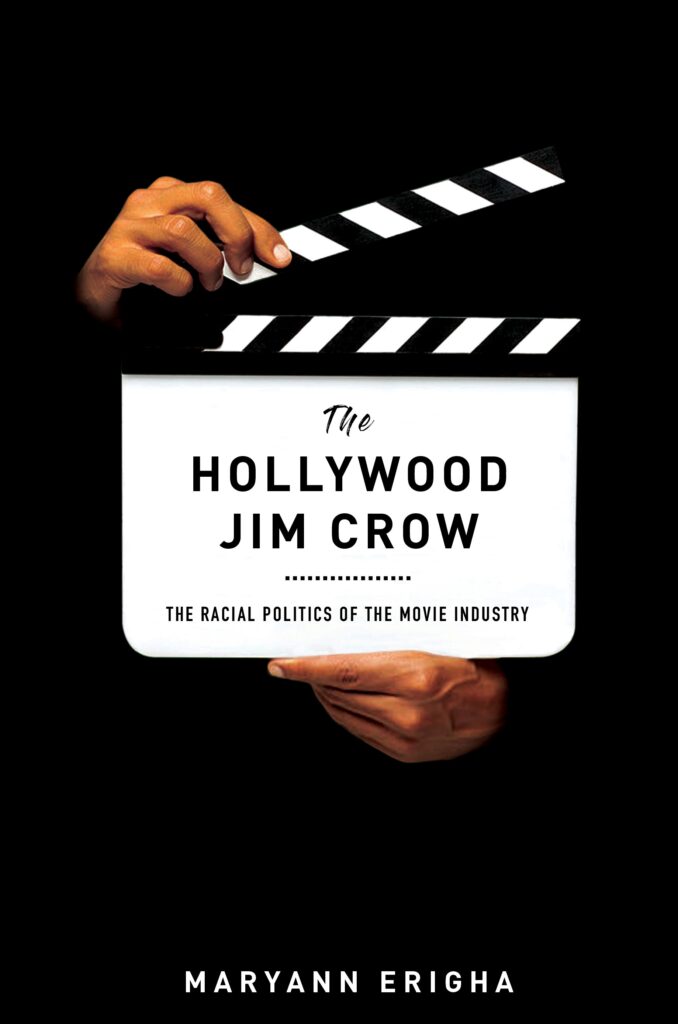
The Hollywood Jim Crow
The Racial Politics of the Movie Industry
By Maryann Erigha
Erigha exposes the key elements at work in maintaining Hollywood’s racial hierarchy, namely the relationship between genre and race, the ghettoization of Black directors to black films, and how Blackness is perceived by the Hollywood producers and studios who decide what gets made and who gets to make it
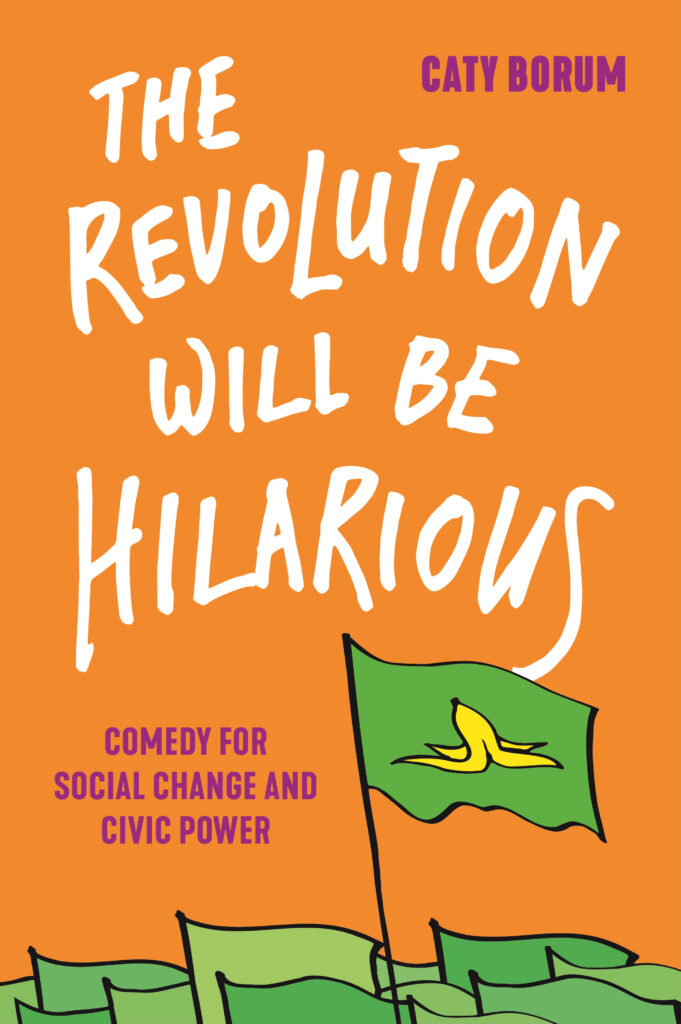
The Revolution Will Be Hilarious
Comedy for Social Change and Civic Power
By Caty Borum
Through this exploration of today’s multi-platform comedy and social justice activism, Borum argues that building creative power is crucial for marginalized groups to build civic power. The Revolution Will Be Hilarious positions the rise of social justice comedy as creative, disruptive storytelling that hilariously invites us to agitate the status quo and re-imagine social realities to come closer to the promise of equity and justice in America.
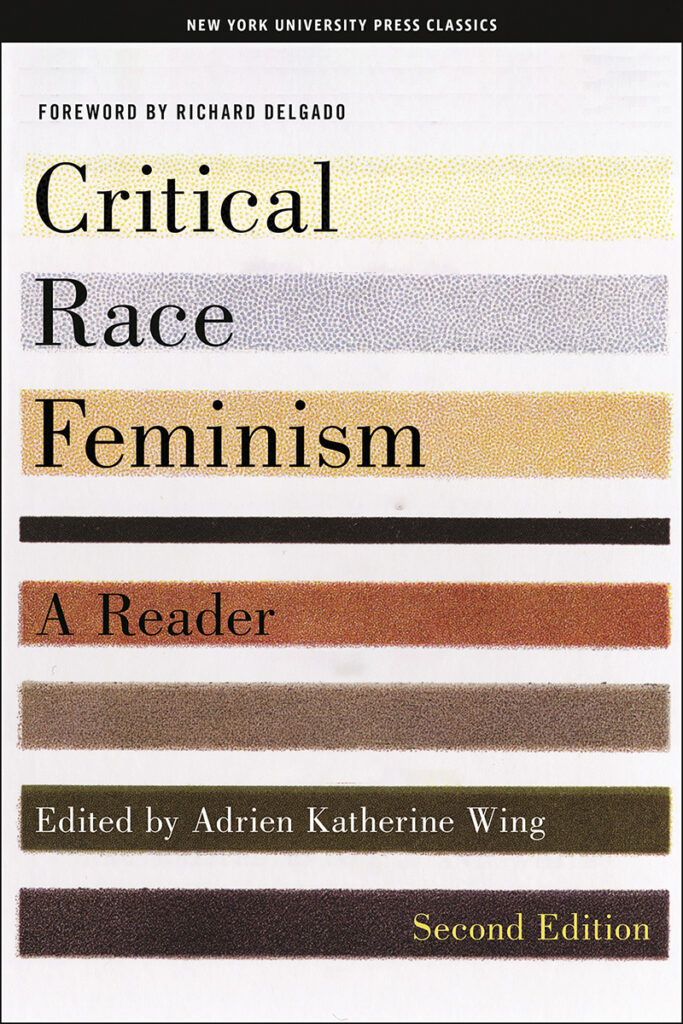
Critical Race Feminism, Second Edition
A Reader
Edited by Adrien Katherine Wing
Revealing how the historical experiences and contemporary realities of women of color are profoundly influenced by a legacy of racism and sexism that is neither linear nor logical, Critical Race Feminism serves up a panoramic perspective, illustrating how women of color can find strength in the face of oppression.

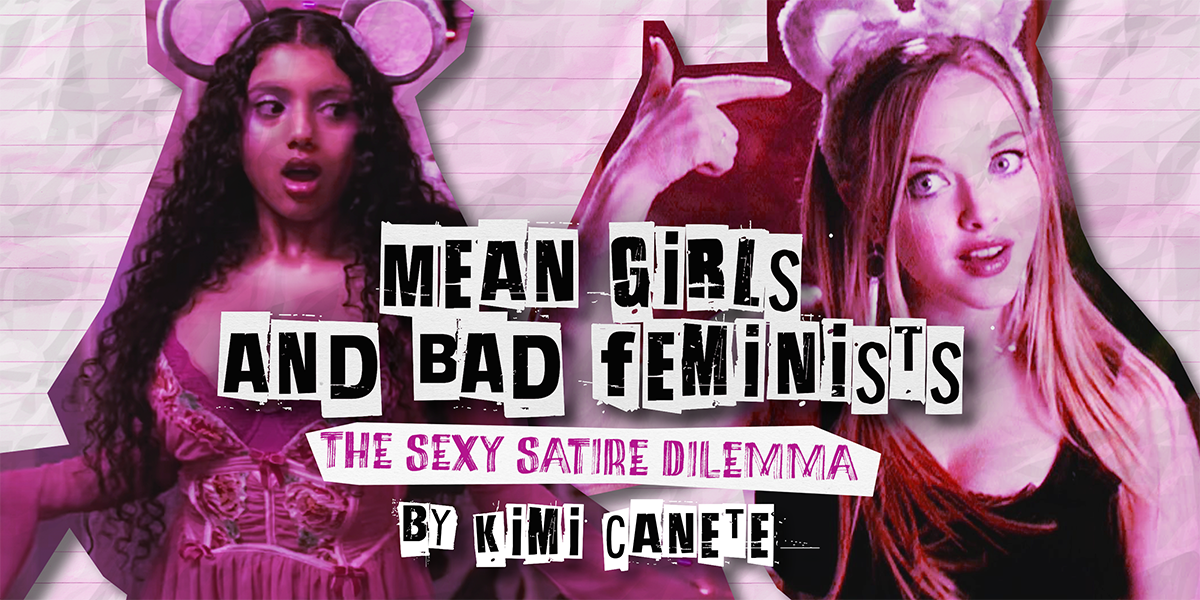
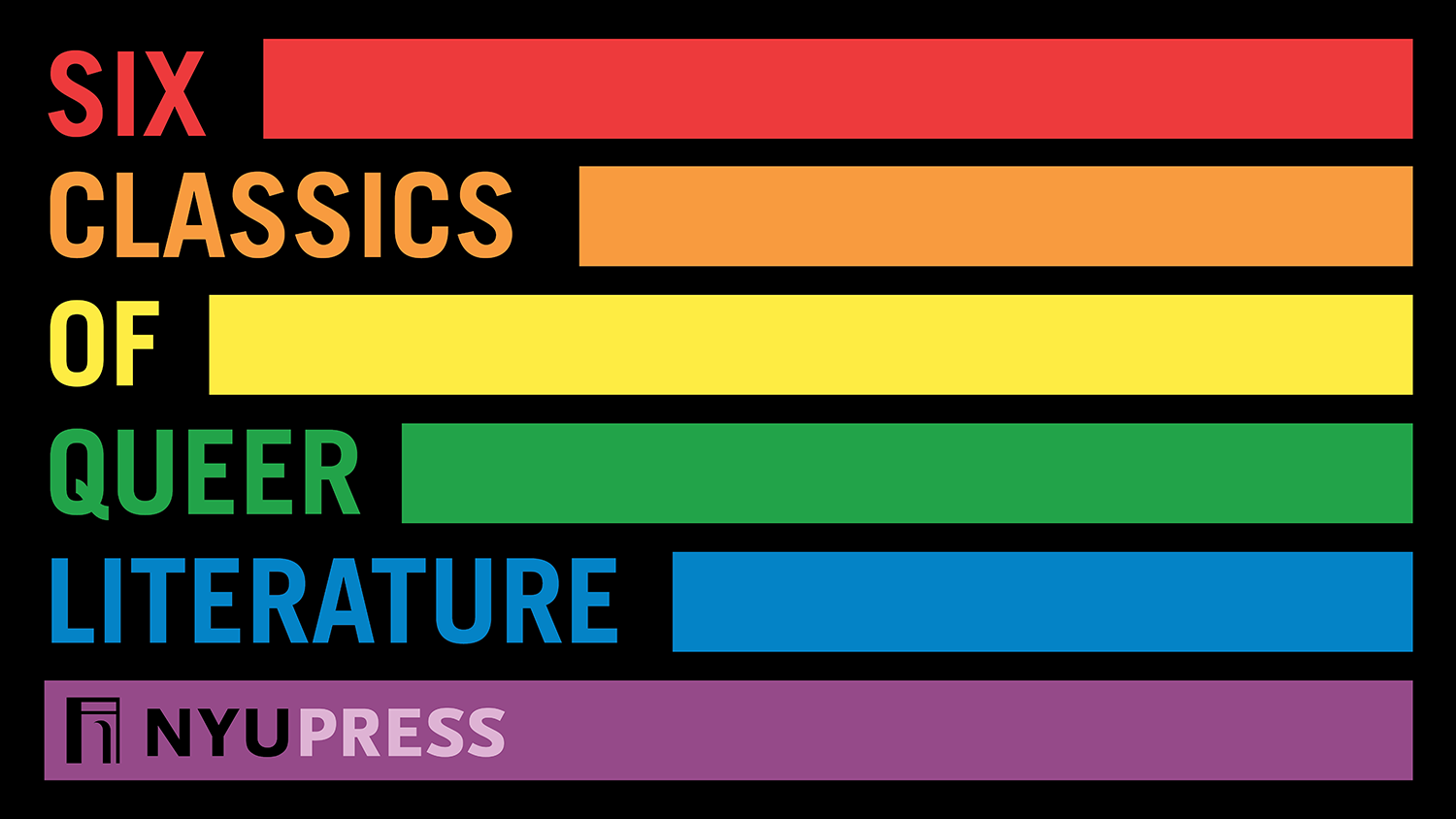 Six Classics of Queer Literature
Six Classics of Queer Literature